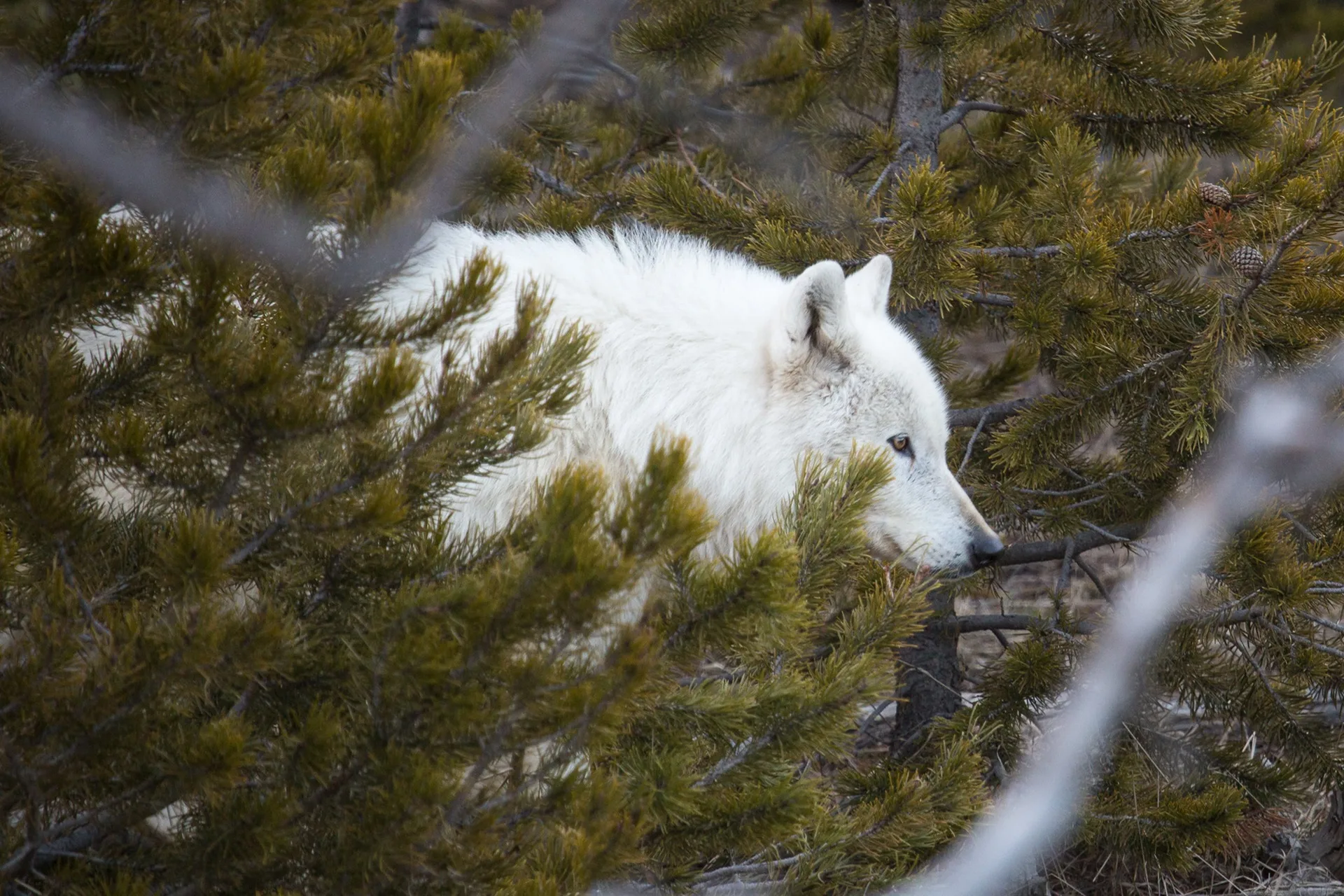Two wolves translocated into Colorado have died this month.
The following are press releases issued by Colorado Parks and Wildlife:
Press release 2:
Colorado Parks and Wildlife biologists received a mortality alert for female gray wolf 2514-BC on April 20. The agency, in cooperation with the National Park Service, has confirmed the mortality took place in Rocky Mountain National Park. As a federally listed species under the Endangered Species Act, the U.S. Fish and Wildlife Service is investigating. A final determination of the cause of death will not be made until the investigation is completed, including the necropsy, a foundational component of the overall investigation process. 2514-BC was part of the group of wolves translocated to Colorado from British Columbia. No additional details are available at this time.
Wolf survival in Colorado is within normal margins for a wolf population in the Rocky Mountains. Any reintroduction effort includes eventual mortality levels and these were incorporated into the Colorado Wolf Restoration and Management Plan. Mortality is a factor that plays a role in all natural populations. The average lifespan of a gray wolf in the Rocky Mountains is generally 3-4 years.
Press release 1:
CPW became aware of the mortality of male gray wolf 2513 on April 9 in Wyoming. CPW coordinated with Wyoming Game and Fish for the return of its tracking collar, however Wyoming state law prevents further detail from being shared.
2513 was part of the group of wolves translocated to Colorado from British Columbia. Wolves are known to travel long distances to find food or mates, including into other states. CPW does not comment on wildlife movements, operations or regulations in other states. CPW has no further comment on the mortality of wolf 2513 as it took place outside of Colorado.
Source: Colorado Parks and Wildlife
Photo: National Park Service, Public Domain




